09.05.2022
When employers contribute to employees’ health and happiness, their companies have better business results
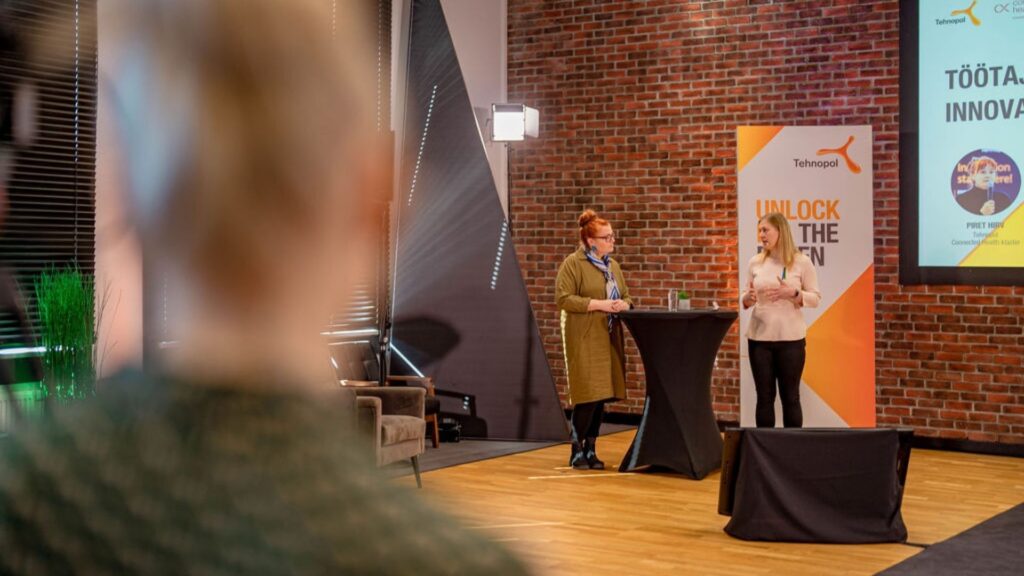
A healthy and happy employee will be more effective in helping to achieve business goals. There is much that employers can do to contribute to their employees’ health. Getting to the problem before it is too late is key! Occupational health is preventive in nature and today we have a number of tech solutions that can support employers and employees in this area.
The Connected Health Cluster, lead by Tehnopol, brought together various parties to discuss existing innovative solutions in the field of occupational health and how companies can use them.
Companies can benefit from providers of mental first aid
According to Evelin Andrespok, HR Manager of Estonian bike manufacturer Ampler Bikes, their company still has a few challenges to overcome even though the company is investing quite extensively in the health of their employees. Andrespok says that people are increasingly interested in mental health issues but having someone visit the company every now and again to give a lecture on the subject is not sufficient to answer all questions. “There should be people within the company who are able to provide mental first aid when needed,” suggests Andrespok.
Ideally, companies could provide their employees with flexible solutions tailored to employee needs, i.e. individuals can choose what they need (a custom-made health benefits package). Andrespok finds that employers can and must invest in the health of their employees as this will also boost employee satisfaction.“Employers are not required to make people happy; rather, they must to contribute to employee satisfaction as this is more readily measurable,” she says.
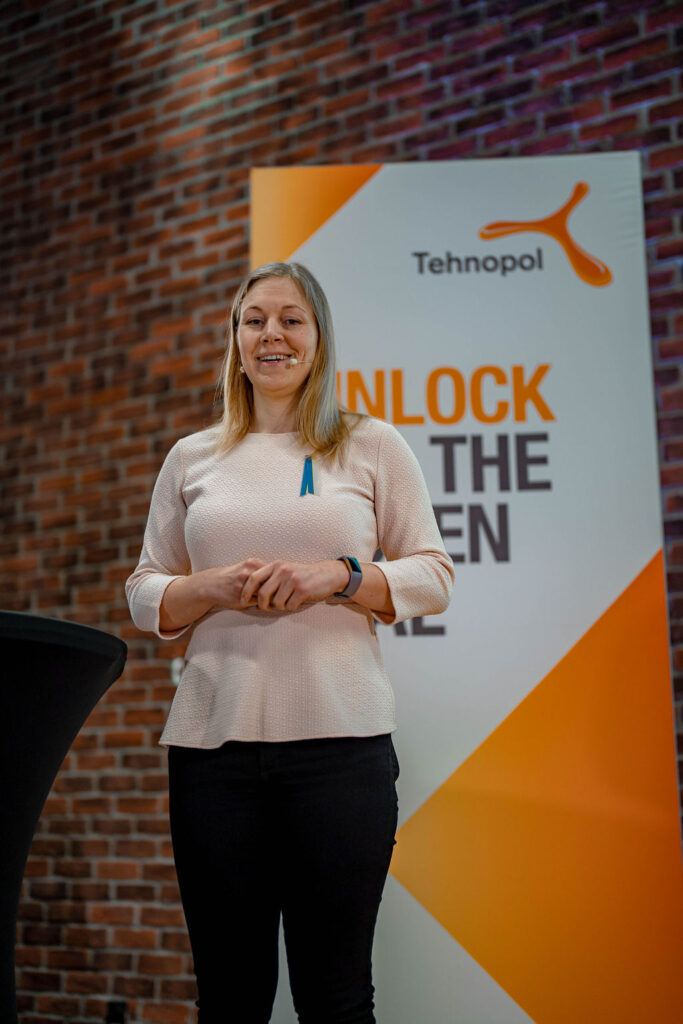
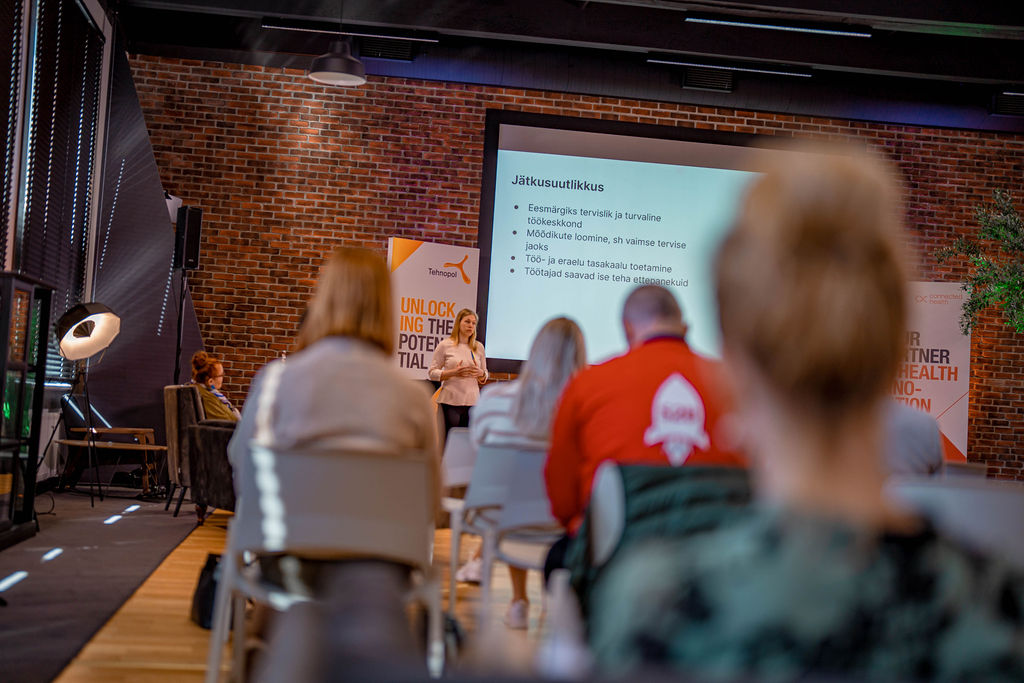
Nothing beats inflation like investments in health
HeBA, the newest member of the Connected Health Cluster, is focused specifically on the health of people of working age and helps achieve the health-related aims of both employees and employers. In addition to physical health, HeBA is investing heavily in the mental health of employees and is developing the HeBA.One solution that serves this purpose.
HeBA’s Development Manager Ain Aaviksoo says that HeBA.One helps achieve the goal of good mental health, prevent mental health concerns or detect them early on and, if necessary, provide the right solution in the right form. “It’s not as if employees put their worries on hold at nine, work diligently for the employer all day and then get back to their worries again at five,” says Aaviksoo, explaining why employers must also consider their employees’ mental health. HeBA.One provides employees with a range of tools to measure their condition and monitor changes, set daily reminders and tips and give quick access to specialists. Aaviksoo admits that investing in health is the most inflation-proof investment of all, even in difficult times, because employers also have to gain from contributions towards health.
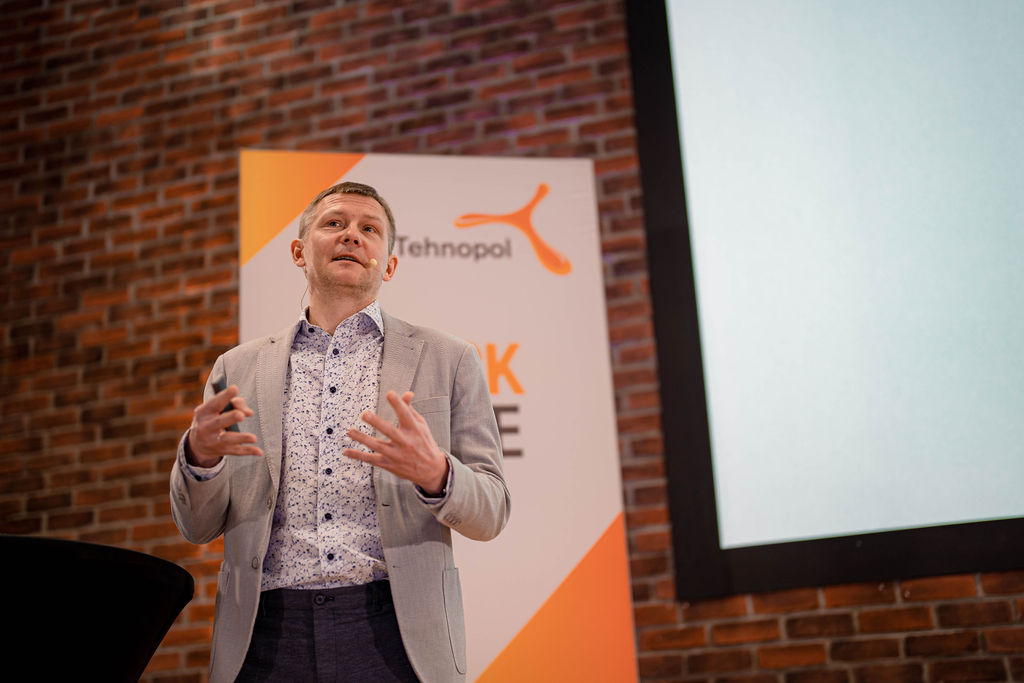
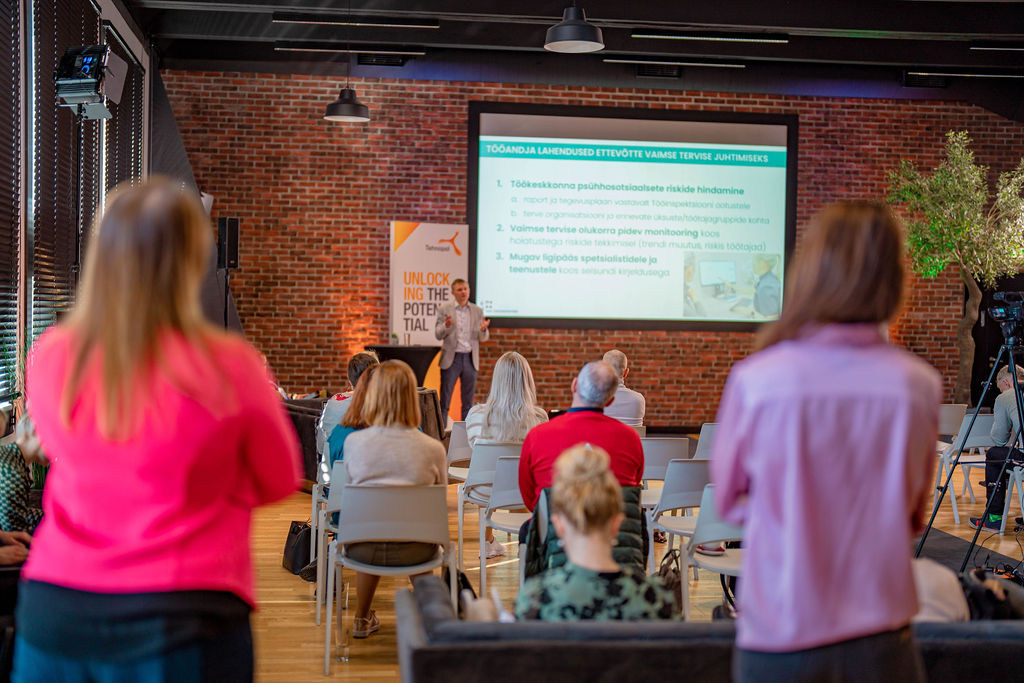
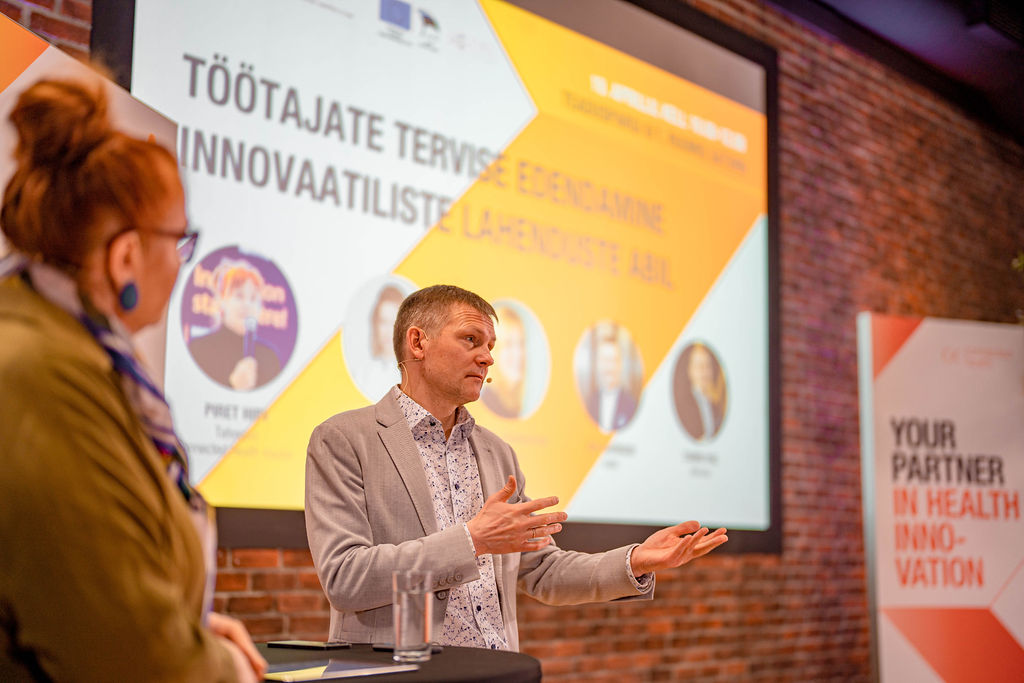
More public sector investments needed in telemedicine
Cluster member MinuDoc provides users with a telemedicine platform that mediates consultations with doctors through video. It is an innovative telemedicine service allowing patients to remotely receive personalised advice from a qualified doctor. MinuDoc offers three packages, of which the most popular at the moment is dedicated to mental health. Today, MinuDoc works with nearly 20 family medicine centres across Estonia and they also offer their service internationally.
According to MinuDoc’s Chairman of the Board, Tarmo Pihl, the Estonian Health Insurance Fund has shown an interest in their solution. “In Estonia, we need to involve the jointly and severally liable healthcare system more extensively because telemedicine is rather underwhelming without state support,” admits Pihl. “The near future will show the readiness of the Estonian state in adopting such solutions to communicate with end users.” Pihl hopes that in the future, their solution will be linked to the family medicine system of general practitioners as this is the most logical place for telemedicine to develop.
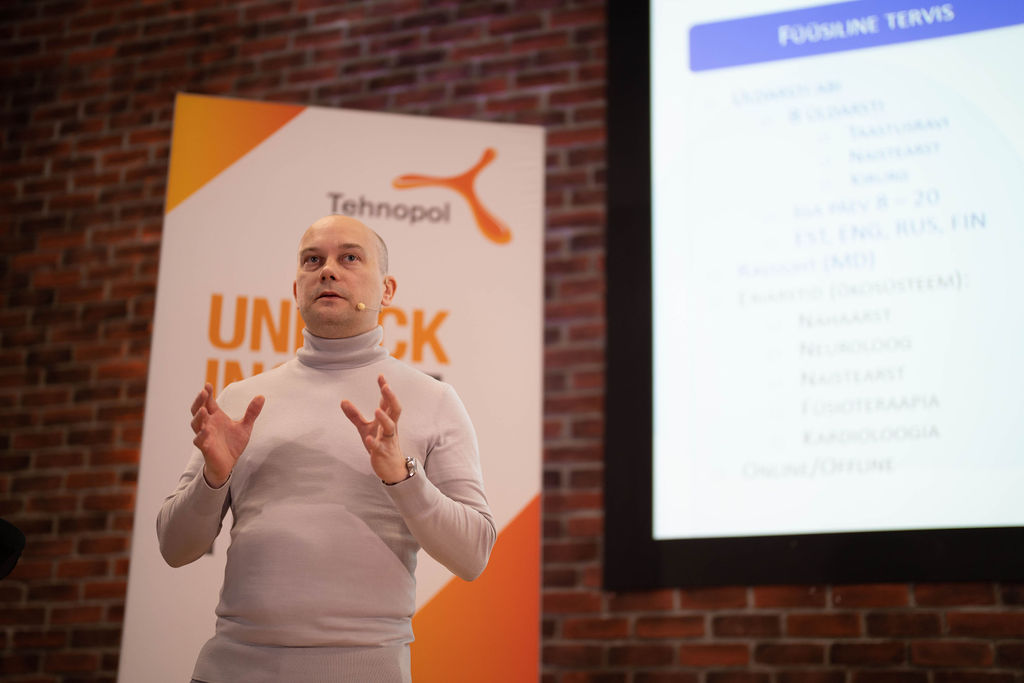
Occupational health doctors take priority for people of working age
Lise-Lotte Lääne, Head of the Medicine and Healthcare Sector at law firm Sorainen in the Connected Health Cluster, finds that occupational health is a resource the state has yet to tap into. “Occupational health doctors are the most important doctors for the working-age population as they provide preventive medicine and help make sure people retain their ability to work for as long as possible,” says Lääne. The current regulation on the processing of personal data complicates matters as it does not allow for the effective use of health data. Processing health data is more complicated than processing regular personal data. According to Lääne, the fact that occupational health doctors do not have a suitably prominent role in preventive medicine constitutes another important bottleneck. She highlights Finland as a good example, where occupational health doctors have more rights than in Estonia.
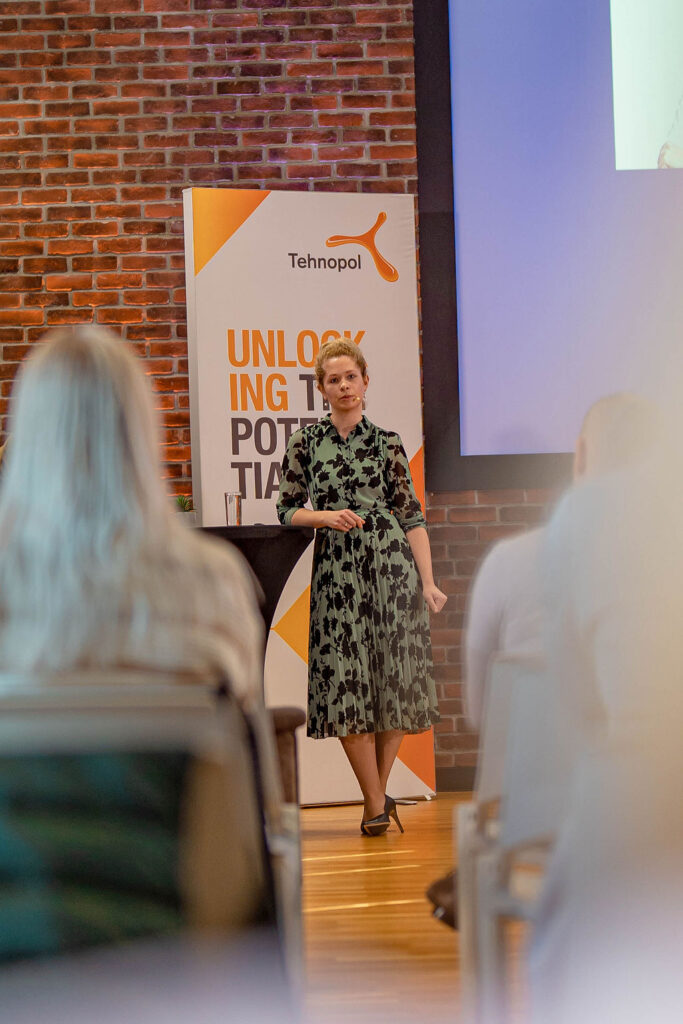
The Connected Health Cluster led by Tehnopol Science and Business Park is Estonia’s biggest healthcare tech community, uniting health service providers, health tech companies and all other key interest groups in the field. The cluster’s support enables domestic cooperation projects and the export of health technological solutions to other countries. The activities of the cluster are co-financed by the European Regional Development Fund.

















